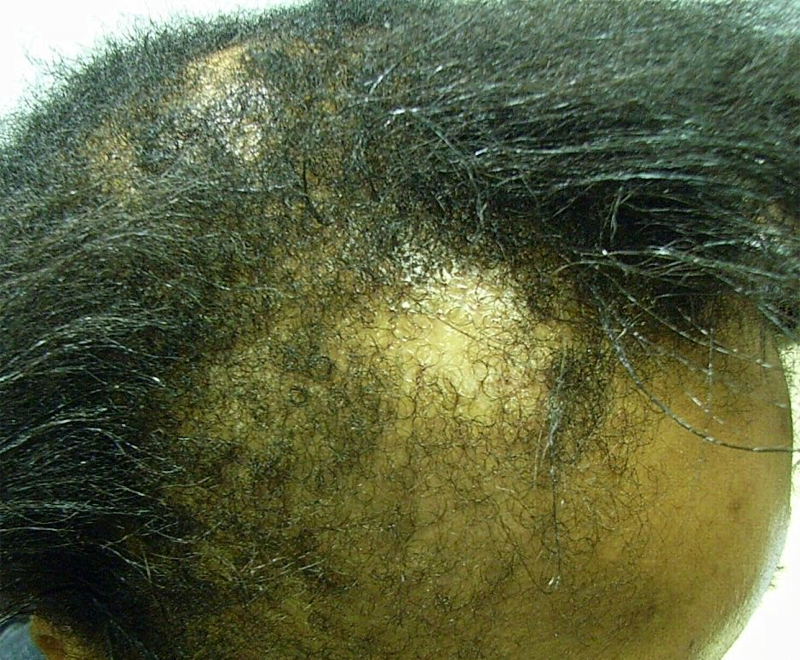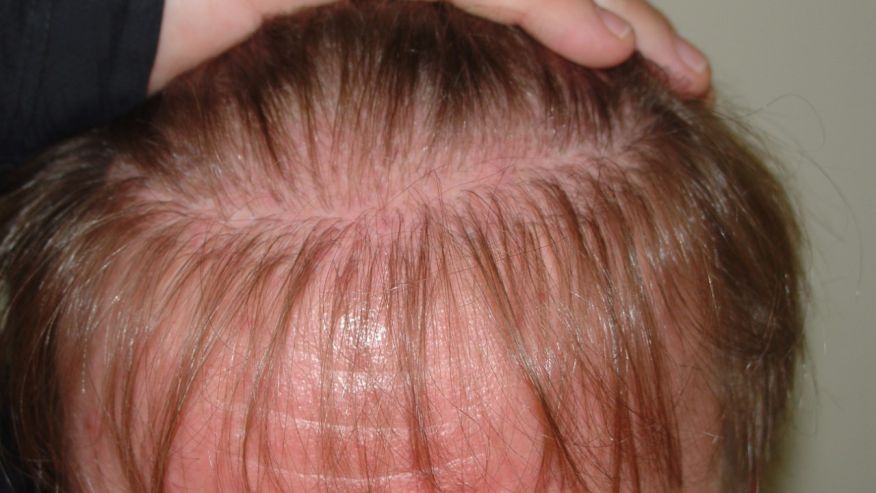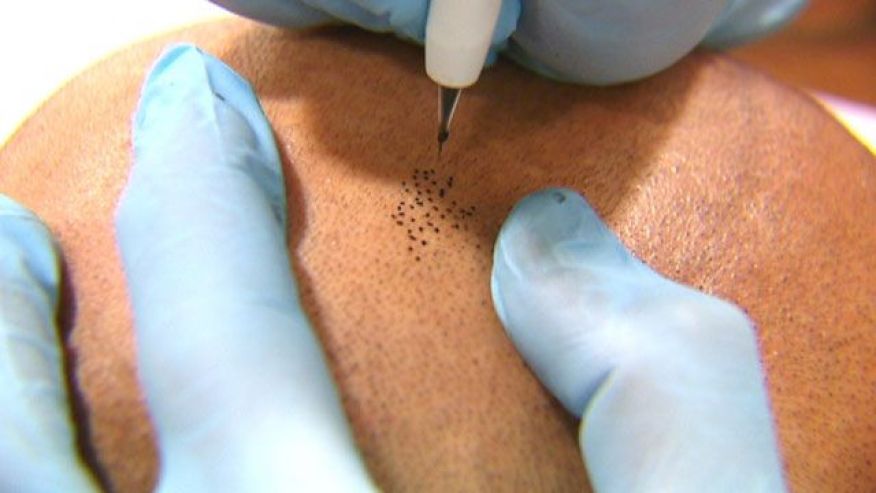
Yale researchers have discovered the source of signals that trigger hair growth, an insight that may lead to new treatments for baldness.
The researchers identified stem cells within the skin’s fatty layer and showed that molecular signals from these cells were necessary to spur hair growth in mice, according to research published in the Sept. 2 issue of the journal Cell.
“If we can get these fat cells in the skin to talk to the dormant stem cells at the base of hair follicles, we might be able to get hair to grow again,” said Valerie Horsley, assistant professor of molecular, cellular and developmental biology and senior author of the paper.
Men with male pattern baldness still have stem cells in follicle roots but these stem cells lose the ability to jump-start hair regeneration. Scientists have known that these follicle stem cells need signals from within the skin to grow hair, but the source of those signals has been unclear.
Horsley’s team observed that when hair dies, the layer of fat in the scalp that comprises most of the skin’s thickness shrinks. When hair growth begins, the fat layer expands in a process called adipogenesis. Researchers found that a type of stem cell involved in creation of new fat cells — adipose precursor cells — was required for hair regeneration in mice. They also found these cells produce molecules called PDGF (platelet derived growth factors), which are necessary to produce hair growth.
Horsley’s lab is trying to identify other signals produced by adipose precursor stem cells that may play a role in regulating hair growth. She also wants to know whether these same signals are required for human hair growth. Other authors from Yale are lead author Eric Festa, Jackie Fretz, Ryan Berry, Barbara Schmidt, Matthew Rodeheffer and Mark Horowitz.
The work was funded by the National Institutes of Health and the Connecticut Stem Cell Research Program.
[Source:- Sciencedaily]














